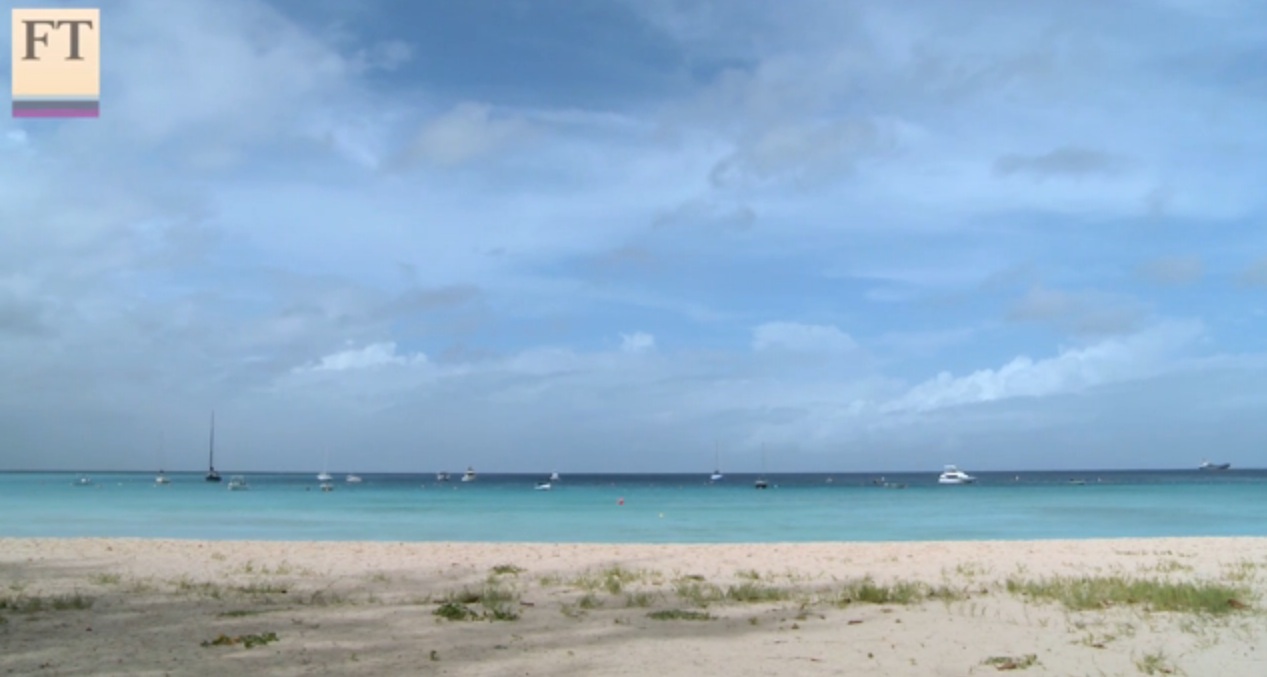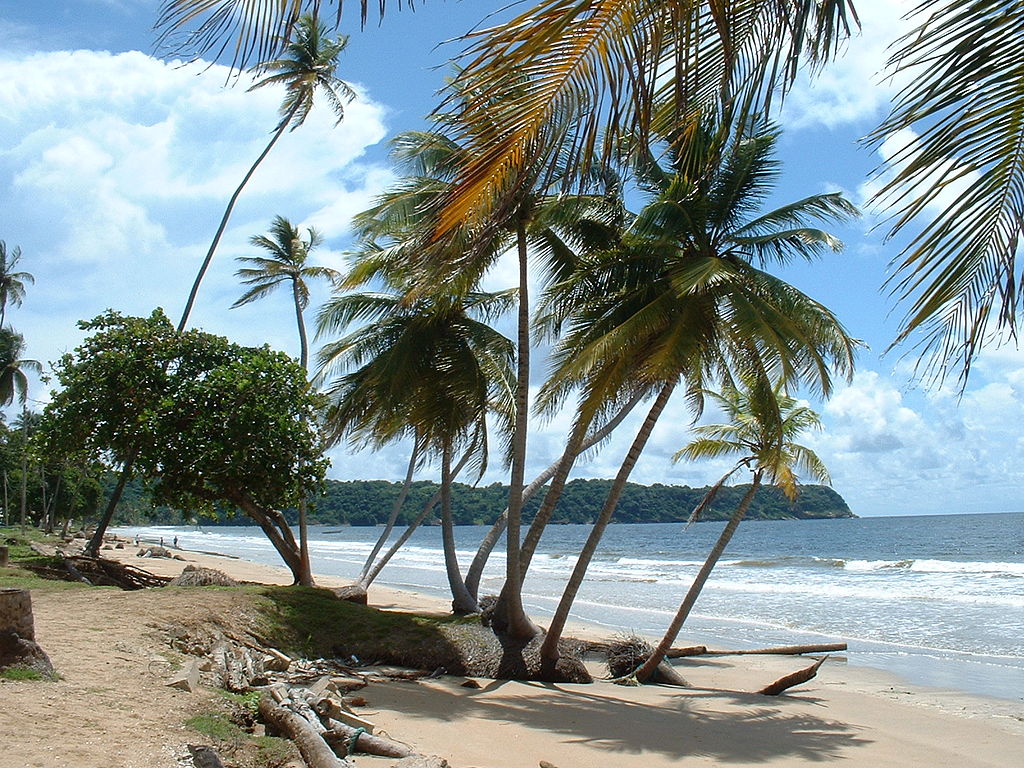
Caribbean countries are lobbying furiously for an extensive international debt relief and investment programme, as politicians become increasingly anxious over the social impact of the region's economic crisis and the resulting government austerity.
Most of the dozen anglophone countries in the tropical archipelago off the coast of the US are struggling with large government debts and lackluster economies after the global financial crisis hurt tourism, the dominant industry of the Caribbean.
Since 2010, St Kitts and Nevis, Grenada, Belize, Antigua and Barbuda and Jamaica – twice – have had to restructure their debts and enter International Monetary Fund programs. Others, including Barbados, are also being forced to impose austerity. This is causing social hardship, exacerbating already high crime rates and even endangering the health of their democracies, some senior politicians fear. Government debts of the Caribbean as a whole amounted to roughly 70 per cent of the region's GDP last year, or $47bn, according to the IMF.
"There is not much more we can ask our people to do, so the international community has to help," said Denzil Douglas, prime minister of St Kitts and Nevis. "We are highly indebted because we are so small and so vulnerable that even small shocks – whether financial or natural – can have a huge impact."
The lobbying efforts are primarily happening under the aegis of the Commonwealth, the group of former UK colonies that has 12 Caribbean coastal and island members. They hope to get something akin to the IMF and World Bank's "Highly Indebted Poor Countries" program.
HIPC, first established in 1996, has provided $75bn of debt relief and concessional loans to 36 poor, mainly African countries in return for economic and political reforms. But HIPC is only available to low-income countries, while most of the Caribbean is classified as middle-income or higher. That is not deterring local politicians and officials, who have pressed their case at a series of private bilateral and multilateral meetings with Christine Lagarde, the IMF managing director, and Jim Yong Kim, the World Bank president.
The Caribbean countries argue that focusing merely on national income ratios ignores the idiosyncratic vulnerabilities confronting mini-states, which typically have populations of 1.5m or less. Some politicians predict dire consequences if no help is forthcoming. "If you create conditions where states are unable to meet the legitimate expectations of their populations, and you create social-political turbulence, there are consequences for the entire globe," said Peter Phillips, Jamaica's finance minister.
There are 31 Commonwealth states classified as "small", but the lobbying is being primarily led by the Caribbean members. One of the options touted is to use money promised by rich countries to combat climate change for development, or to pay back or offset their government debts.
Nonetheless, the Caribbean countries face an uphill battle. Although the IMF and the World Bank acknowledge their vulnerability to natural disasters and economic shocks, officials privately predict there will be little appetite for debt relief for countries that are far from impoverished. "These proposals . . . are a matter for our membership to consider and can only be taken forward if sufficient support is forthcoming from shareholders in multilateral institutions," Gerry Rice, an IMF spokesman, said in a statement.


